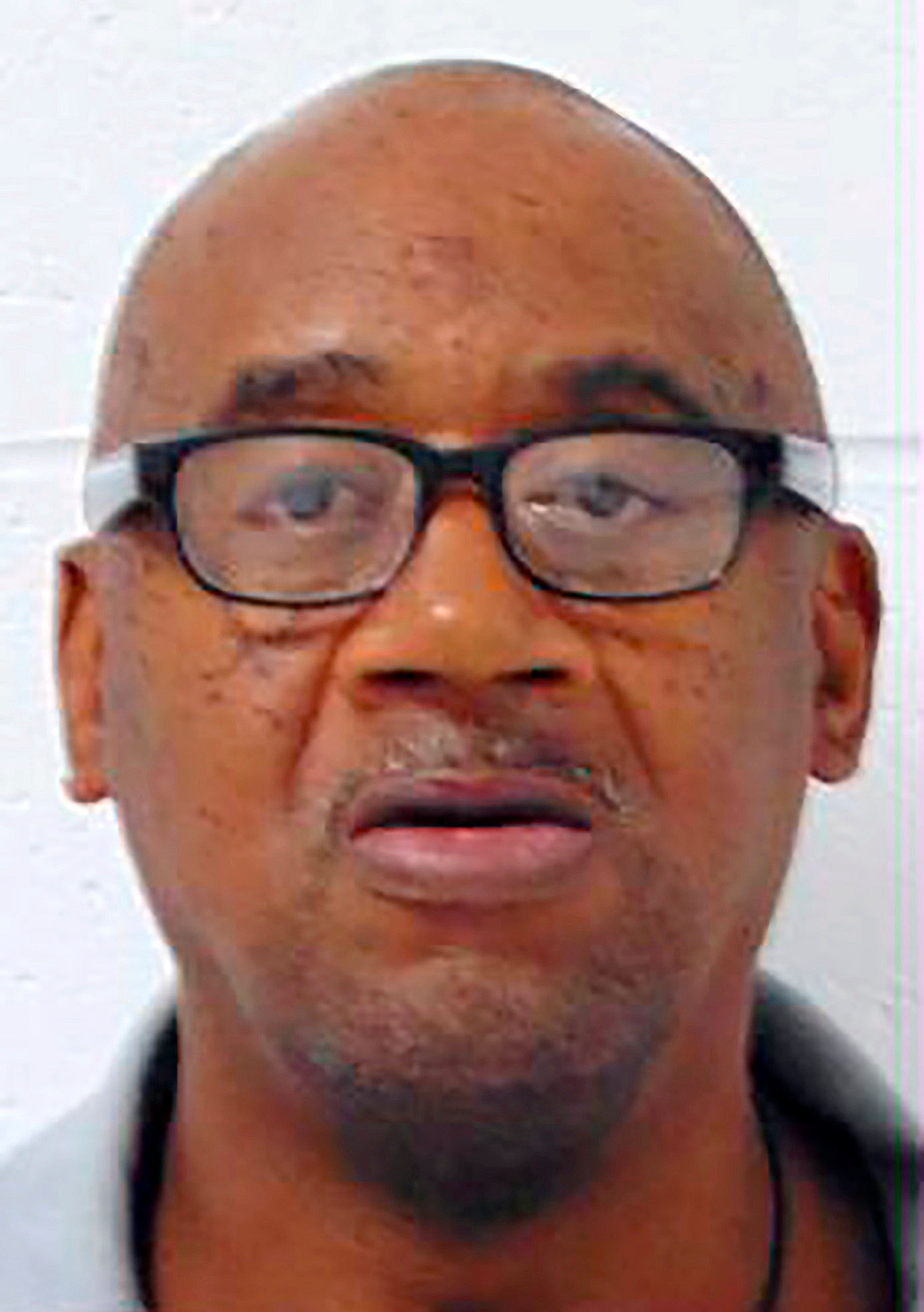Catholic bishops urge Missouri leaders to end executions
Leaders of the four Roman Catholic dioceses in Missouri are urging state leaders to end the use of the death penalty, after a convicted killer of three was executed despite a request for clemency from the pope

Your support helps us to tell the story
From reproductive rights to climate change to Big Tech, The Independent is on the ground when the story is developing. Whether it's investigating the financials of Elon Musk's pro-Trump PAC or producing our latest documentary, 'The A Word', which shines a light on the American women fighting for reproductive rights, we know how important it is to parse out the facts from the messaging.
At such a critical moment in US history, we need reporters on the ground. Your donation allows us to keep sending journalists to speak to both sides of the story.
The Independent is trusted by Americans across the entire political spectrum. And unlike many other quality news outlets, we choose not to lock Americans out of our reporting and analysis with paywalls. We believe quality journalism should be available to everyone, paid for by those who can afford it.
Your support makes all the difference.Leaders of the four Roman Catholic dioceses in Missouri are urging state leaders to end the use of the death penalty, after a convicted killer of three was executed despite a request for clemency from the pope.
Ernest Johnson was executed Tuesday evening, the first Missouri execution in 16 months and the seventh in the U.S. this year. Johnson, 61, admitted killing convenience store workers Mary Bratcher, Mabel Scruggs and Fred Jones during a closing-time robbery in Columbia in 1994.
In a letter last week asking Republican Gov. Mike Parson to grant clemency, a representative for Pope Francis wrote that the pope “wishes to place before you the simple fact of Mr. Johnson’s humanity and the sacredness of all human life.” Parson, a Baptist, declined to intervene.
On Wednesday, a statement signed by St. Louis Archbishop Mitchell Rozanski, Kansas City-St. Joseph Bishop James Johnston Jr., Jefferson City Bishop Shawn McKnight and Springfield-Cape Girardeau Bishop Edward Rice expressed disappointment with Parson's decision.
“Ernest Lee Johnson’s crimes were heinous and deserve to be punished, yet as Missouri has shown itself to be a pro-life state, we should stop using the death penalty as a means of dealing with violent crimes,” the statement read.
Johnson's lawyers said in the clemency petition and in court filings that repeated IQ testing showed Johnson was intellectually disabled, and executing him would violate the U.S. Constitution. He also suffered from fetal alcohol syndrome and lost a significant amount of brain tissue when a benign tumor was removed in 2008.
The bishops' statement said use of the death penalty “does not make Missouri a safer or more civil state" but "degrades us as a society and teaches our children that violence is the proper response to violence.”
A spokeswoman for Parson declined comment Thursday.
Catholic leaders made a similar request to end Missouri executions to then-Gov. Jay Nixon, a Democrat, in 2013 after convicted killer Andre Cole was put to death. Nixon, a Methodist, did not stop executions — 21 were carried out during his eight years in office. Three men have been executed since Parson became governor in June 2018.
During his visit to St. Louis in 1999, Pope John Paul II persuaded Democratic Gov. Mel Carnahan to grant clemency to Darrell Mease, who was awaiting execution for killing three people.
In 2018, Pope Francis changed church teaching to say capital punishment can never be sanctioned because it constitutes an “attack” on human dignity.